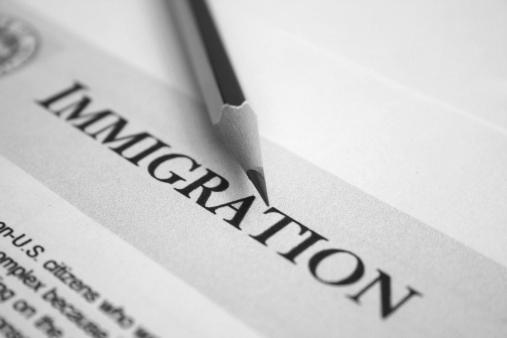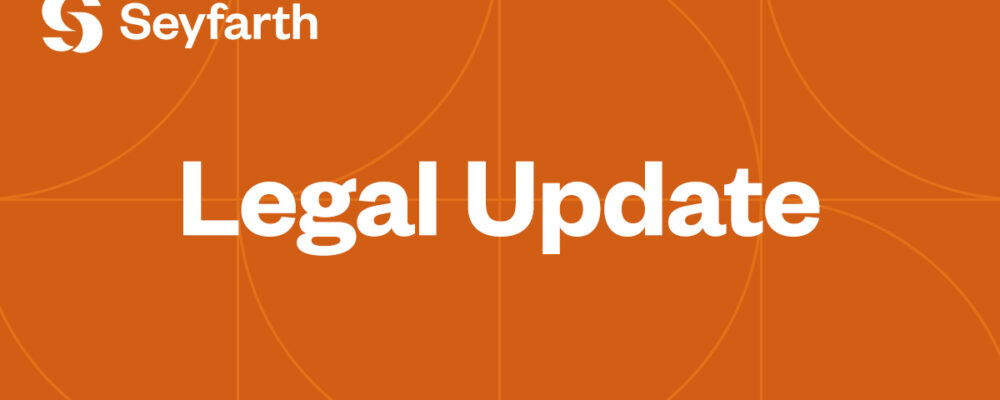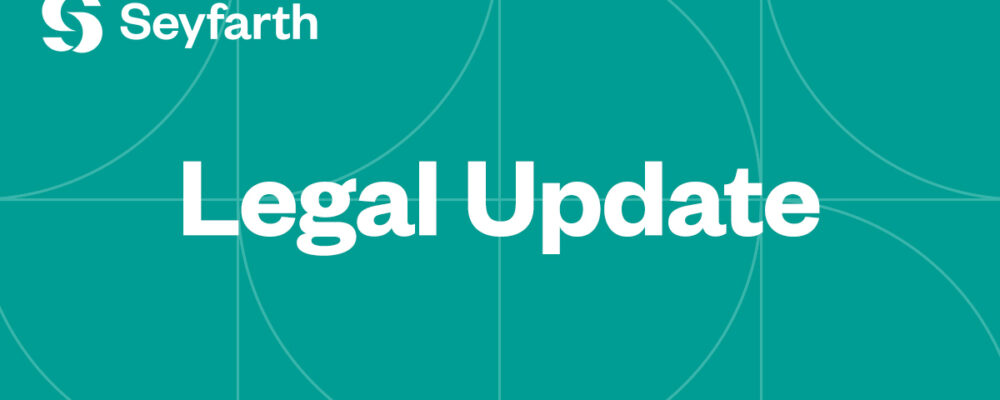By: Andrea Davis
The U.S. Department of State announced a significant update to the Exchange Visitor Skills List, effective as of December 9, 2024. This action is in response to an Executive Order issued last year, in which the Biden Administration gave instructions to “consider initiating a rulemaking to establish new criteria to designate countries and skills on the Department of State’s Exchange Visitor Skills List as it relates to the 2-year foreign residence requirement for certain J-1 nonimmigrants, including those skills that are critical to the United States.”
The J-1 is a nonimmigrant visa available for individuals approved to participate in work-and study-based exchange visitor programs. These programs are designed to promote the exchange of knowledge and skills between visitors from another country and the United States, in the fields of education, arts, and science. Categories of exchange visitors eligible for a J-1 visa include scholars, students, trainees, teachers, and interns, to name a few.
What is the Exchange Visitor Skills List?
The Exchange Visitor Skills List is used to determine whether certain J-1 visa holders must return to their home country for at least two years before being eligible to apply for certain U.S. visas in other categories. This requirement, under Section 212(e) of the Immigration and Nationality Act (INA), applies to individuals whose home countries are deemed to benefit from their specialized skills and it therefore benefits foreign relations to require the visitor to return home for a period of time. Examples of such skills include Computer and Information Sciences, Health Professions, Engineering, and Education. Although the residency requirement can be waived, the process to request a waiver is often lengthy and not guaranteed.
Important Changes
Countries will now be included on the Skills List based on “economic development (as measured by per capita Gross Domestic Product (GDP)), country size, and outbound migration rate.” Countries with a per capita GDP that is less than $7,500 or those with a “significant balance of outbound migration” are presumed to derive a benefit from its nationals with designated skills.
Dozens of countries have also been removed from the Skills List, most notably China and India.
Notably, no skills have been targeted for addition or removal as a part of this update. What has changed is the methodology used to determine which countries should be included, and thus the list of countries that meet the new criteria. The last time the Skills List was updated was in 2009, although the Department of State has indicated their intent to publish updates more regularly going forward (every three years).
Potential Impact for Employers
J-1 visa holders who were subject to the two-year foreign residence requirement at the time they obtained J-1 visa status will no longer be subject to that requirement if their country has been removed from the designated list. Additionally, future applicants for the J-1 visa who might have been subject no longer will be. By removing the home residency requirement for nationals from certain countries, the Department of State has made it easier for employers to retain talent without having to return home, which in turn increases the pool of highly skilled applicants eligible for critical jobs in the U.S.
Employers should note that this update only impacts J-1 visa holders who were subject to the 2-year home residency requirement based on the Skills List. No changes have been made to the 2-year home residency requirements for J-1 visa holders who have received government funding, or who have received graduate medical education or training, which are separate restrictions.
“With approximately 900 lawyers across 17 offices, Seyfarth Shaw LLP provides advisory, litigation, and transactional legal services to clients worldwide.”
Please visit the firm link to site





